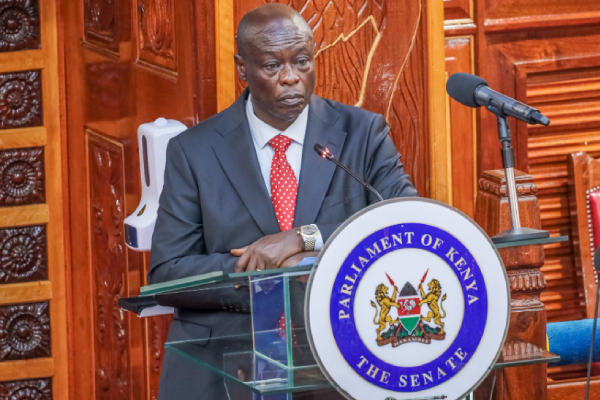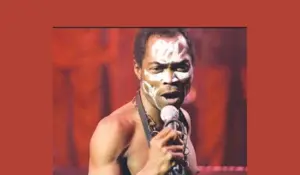Kenya’s deputy president, who is facing impeachment, pleaded not guilty in a Senate hearing Wednesday to all charges, including corruption, stirring ethnic tensions, and supporting anti- government riots that saw rioters attack the country’s parliament.
Deputy President Rigathi Gachagua, who has claimed that the allegations are politically motivated, might become Kenya’s first sitting deputy president to be impeached.
The case highlights the friction between him and President William Ruto — something that Ruto once vowed to avoid after his past troubled relationship as deputy to Kenya’s previous president, Uhuru Kenyatta.
Gachagua has said he believes the impeachment process has Ruto’s blessing, and has asked legislators to make their decision “without intimidation and coercion.”
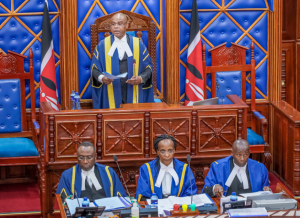
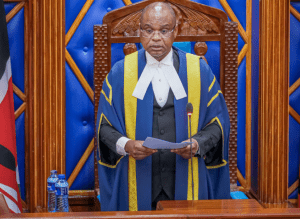
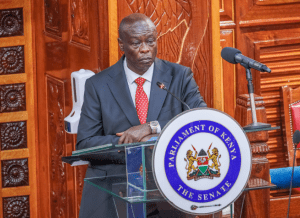
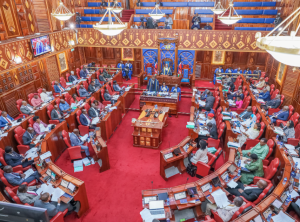
The tensions risk introducing more uncertainty for investors and others in East Africa’s commercial hub.
Read Also
Court rulings this week allowed the parliament and senate to proceed with the impeachment debate, despite concerns over irregularities raised by the deputy president’s lawyers.
The impeachment motion was accepted by parliament last week and forwarded to the Senate. Gachagua’s legal team will cross-examine witnesses on Wednesday and Thursday, with the Senate voting Thursday evening.
To pass an impeachment motion, the Senate must have a two-thirds majority.
Under the Kenyan Constitution, removal from office is automatic if authorized by both houses, though Gachagua has stated that he will oppose the decision in court.
Gachagua’s team also sought to expunge what they described as new evidence arguing that admitting it would disadvantage the Deputy President.
The Senate Speaker, however, deferred ruling on the matter until Wednesday afternoon.
The DP’s legal team is led by Senior Counsel Paul Muite while that of the National Assembly is led by Senior Counsel James Orengo.
Ruto, who came to office claiming to represent Kenya’s poorest citizens, has faced widespread criticism for his efforts to raise taxes in an effort to find ways to pay off foreign creditors. But the public opposition led him to shake up his cabinet and back off certain proposals.

